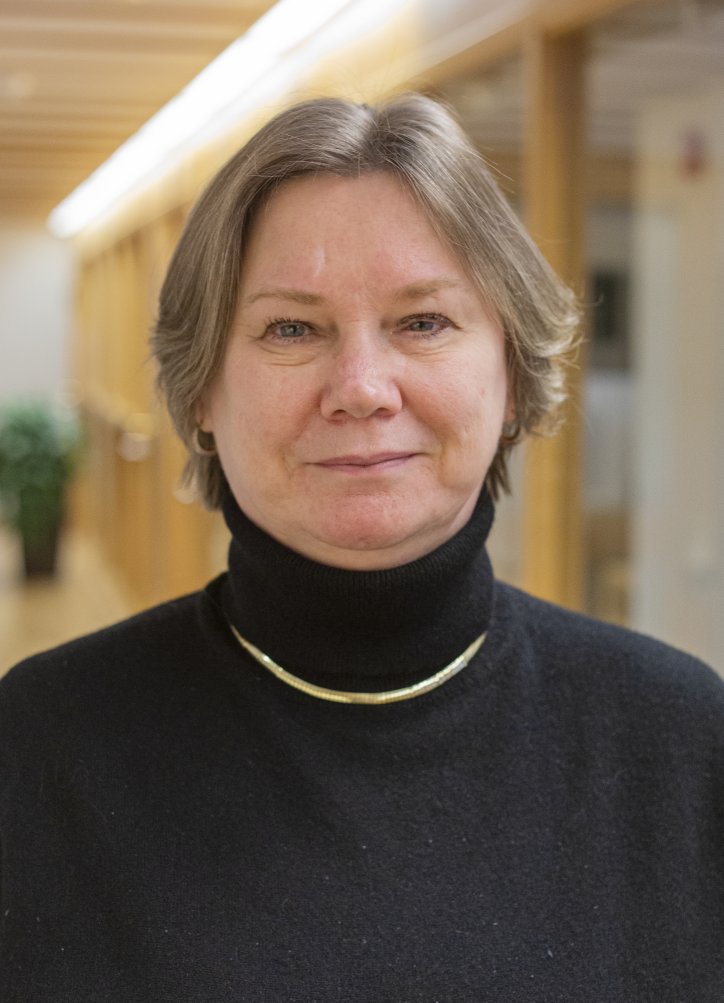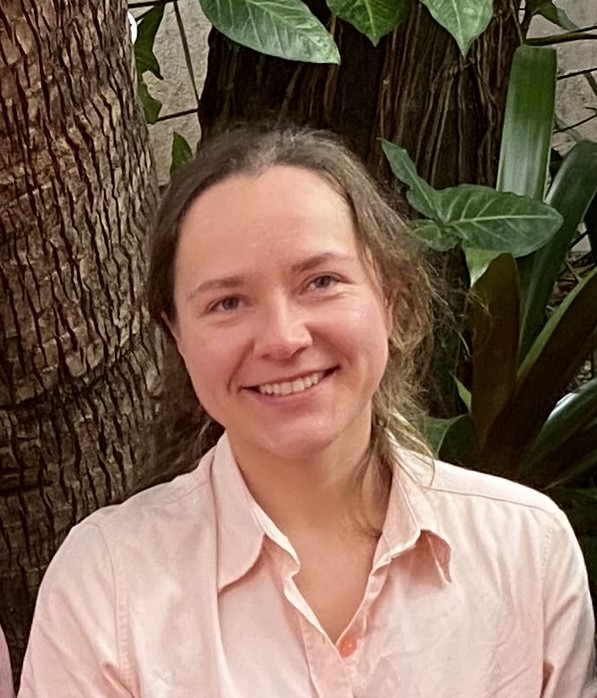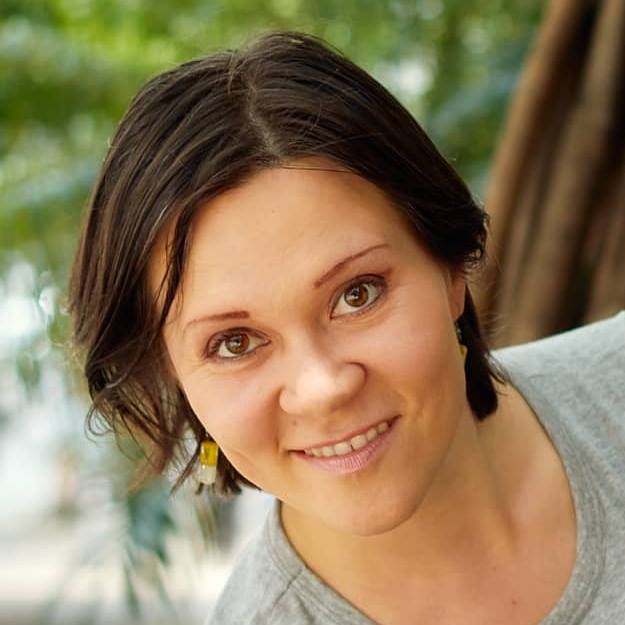BilingBank BraPoRus Corpus

|
Irina Sekerina
Psychology and Linguistics
College of Staten Island and CUNY
irina.sekerina@csi.cuny.edu
|

|
Aleksandra Skorobogatova
Psychology
CUNY Graduate Center
as.skorobogatova@gmail.com
|

|
Anna Smirnova Henriques
LIAAC
Pontificia Univ. Católica de São Paulo
anna.smirnova.liaac@gmail.com
|
| Participants: | 16 |
| Type of Study: | interview |
| Location: | São Paolo, Brazil |
| Media type: | audio |
| DOI: | doi:10.21415/CJV6-JY66 |
Sekerina, I. A., Skorobogatova, A. S., & Smirnova Henriques, A.
(2025). Brazilian Portuguese-Russian Corpus (BraPoRus). Retrieved from
https://biling.talkbank.org/ doi:
In accordance with TalkBank rules, any use of data from this corpus
must be accompanied by at least one of the above references.
Project Description
The Brazilian Portuguese-Russian Corpus (BraPoRus) is a collection of
the spoken heritage Russian still used today in Brazil by approximately
1,500 elderly bilingual heritage Russian–Brazilian Portuguese speakers.
Now in their 70s and 80s, they speak an isolated version of Russian that
has been “frozen” for 100 years and can be described as moribund. They
grew up in Russian-speaking families and are literate in Russian, but
they never even visited Russia. As of 2025, 34 participants from this
population have been enrolled and their naturalistic speech samples have
been collected. BraPoRus (v.1.0) contains 16 participants who performed
Task 1 “Monologue about family history”. For each participant, one
15-min. segment was extracted from the semi-structured interview that
lasted on average one hour.
The participants were video (.mp4) or audio (.mp3) recorded remotely
either on the Zoom or smartphone during the COVID-19 pandemic. All the
video files were converted to the audio format. The audio files were
processed by BatchAlign2 (Liu & MacWhinney, 2024), i.e., transcribed
into .cha format in the Cyrillic orthography, split into utterances,
aligned with the audio sources, morphologically (%mor) and syntactically
(%gra) tagged, and translated (%xtra) into English. At this point, the
morphological and syntactic tagging has not been manually checked and
may contain unresolved ambiguities.
Information regarding each session is provided in this table.
Each participant signed an informed consent form and allowed their
data to be publicly shared. Data collection was approved by the Ethics
Committee of Pontifícia Universidade Católica de São Paulo (CAAE
09079219.9.0000.5482).
Acknowledgements
We are very grateful to the participants and their families. Irina
Sekerina was partially supported by two PSC-CUNY grants (TRADB
#66406-00-01 and TRADB #68423-00-01) and a Fulbright Core Program award
to Brazil. Anna Smirnova Henriques was partially supported by
postdoctoral fellowship PNPD/CAPES (Programa Nacional de Pós-Doutorado
da Coordenação de Aperfeiçoamento de Pessoal de Nível Superior, the
process number 88882.315378/2019-01) for her project “Russian speakers
and Brazilian Portuguese: an interdisciplinary study project”, and
Aleksandra S. Skorobogatova by FAPESP (Fundação de Amparo à Pesquisa do
Estado de São Paulo, the process number 2022/01119-0) for her
undergraduate research project “Corpus of heritage Russian in Brazil and
narrative analysis in Russian-Brazilian Portuguese bilinguals”. During
the corpus data collection, both Brazilian researchers were affiliated
to Pontifı́cia Universidade Católica de São Paulo and co-supervised by
Dr. Sandra Madureira from Laboratório Integrado de Análise Acústica e
Cognição/ LIAAC.


